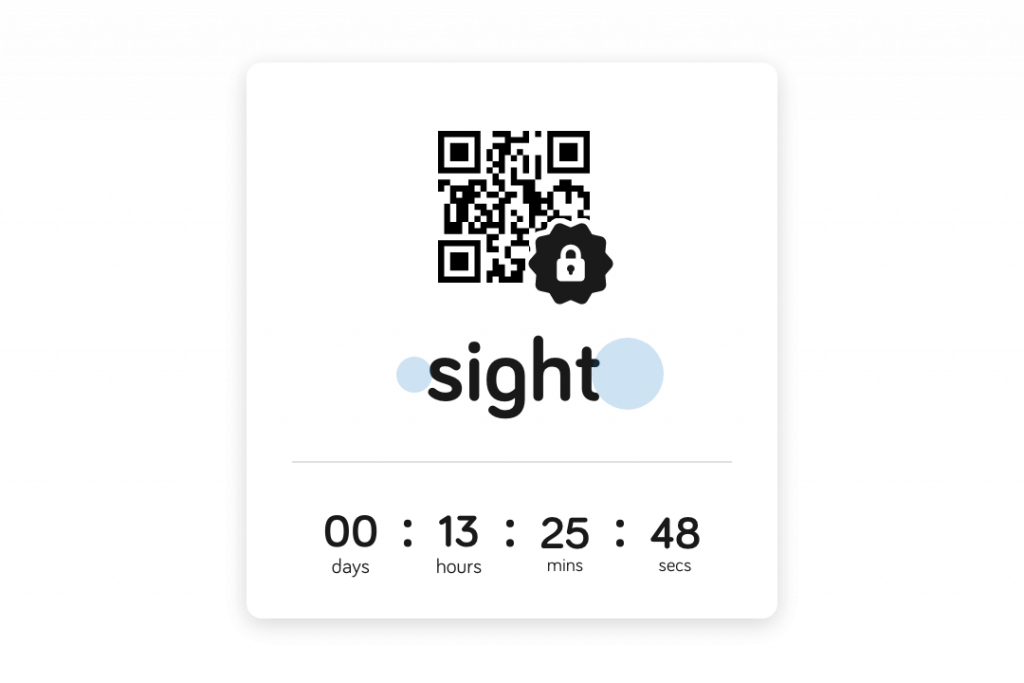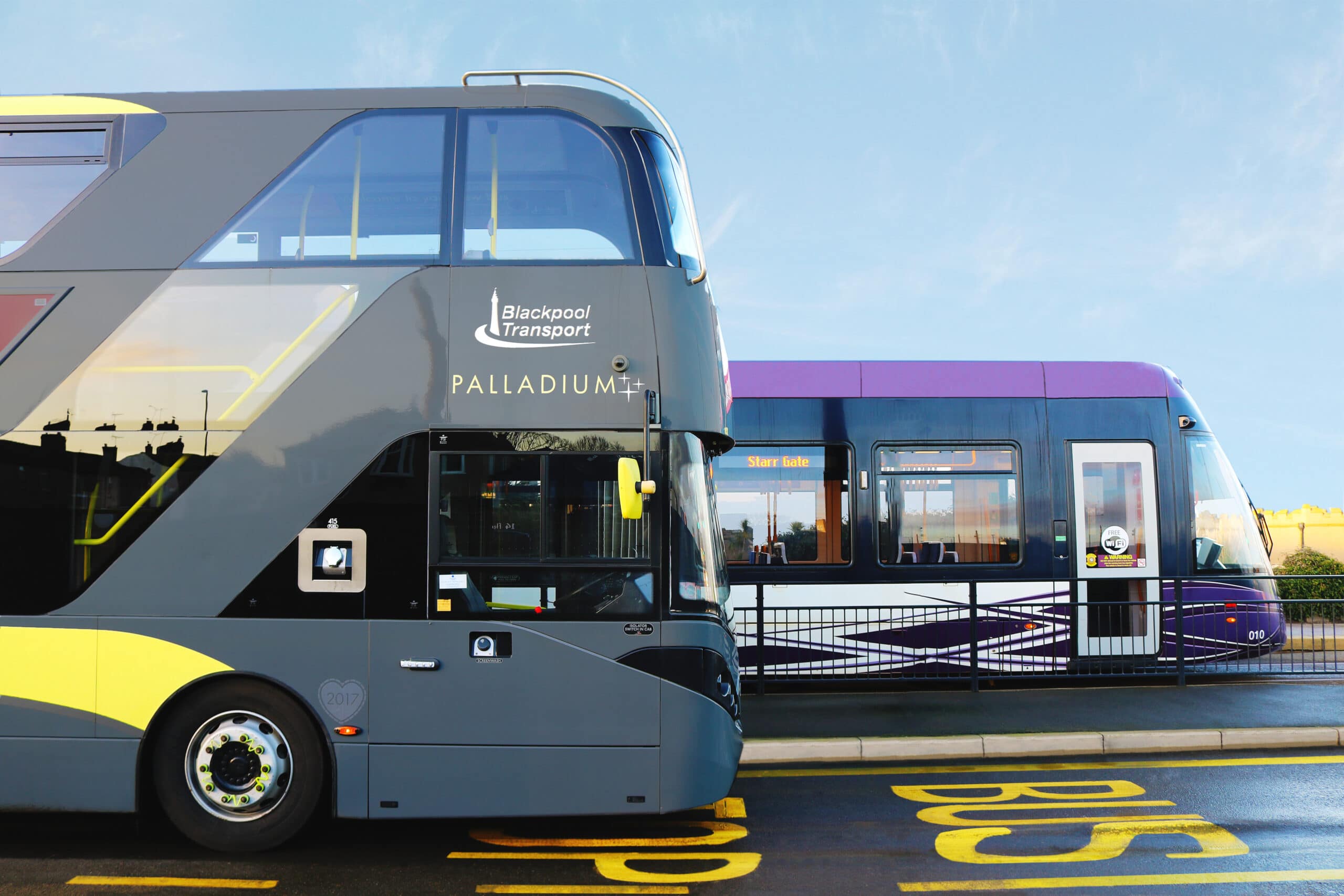Faster boarding in rural, low signal areas with offline-first mobile ticket improvements
Boarding speed is critical to service punctuality. In urban centres, where 5G is increasingly everywhere, passenger loading is quick. But for rural areas, where phone signal can be a completely different experience, we’ve been working to eradicate slow-loading mobile tickets with a secure, offline-first approach.
9th Dec 2024


Passenger app mobile tickets have long had offline support. Active tickets are stored on a customer’s device so they can be scanned for boarding even when the customer has no mobile data or is travelling from a stop with no coverage. This has contributed to the widespread adoption and continued growth of mobile tickets as a preferred fare media for travellers.
Yet a mobile device’s internet connection is not always as straightforward as ON or OFF. There’s plenty of grey area in between where a device can have an unreliable or slow connection, and this can cause frustrations for operators and passengers alike in areas with poor network coverage.
For drivers, it can mean waiting for a customer to load their ticket before they can scan it on the ticket machine. With a bus full of passengers waiting to get on the move again, every second counts. For passengers catching the bus, it can mean a stressful experience where technology hinders boarding rather than making it easier. A situation that’s compounded by other passengers looking on as you struggle to complete what should be a simple task. In the worst case, it can mean being refused entrance completely, as the driver can’t confirm a valid ticket.
With service frequency likely to be lower in rural areas, a customer with little signal who can’t board quickly becomes a passenger waiting longer for the next bus than someone in an urban area. This negative experience of public transport is unlikely to be one they will be in a rush to repeat.
Working closely with operators over the summer, we highlighted an opportunity to make a meaningful improvement to this customer use case. Rolled out in version 74 in October, iOS and Android apps now provide a more reliable experience for bus passengers, especially those with intermittent network connections.

Offline-First Ticket Loading for Quicker Access
A key enhancement in this update is the switch to an “offline-first” mode for loading active tickets.
When a customer opens a ticket, the app runs security checks and prioritises offline data, ensuring the ticket displays immediately, regardless of connection quality. The ticket will be available instantly if a customer has no connection, intermittent service, or an average 4G connection. In the background, the app will periodically check the ticket’s validity and remove the ticket from the device if appropriate.
Dave Hulbert, Principal Engineer at Passenger, adds, “For customers on a typical 4G connection, this might save around a quarter of a second in loading time. While the saving seems minor, it’s more noticeable in weak signal areas where load times tend to be much longer.”
Faster Boarding for Busy Routes
This change also helps bus operators by reducing boarding times. Faster ticket display means customers can board more quickly, which is particularly impactful on busy routes. When many passengers board with mobile tickets at once, such as at school bus stops where students are, these time savings can help buses stay on schedule and deliver everyone to their destinations on time.
This is especially relevant for operators who use Passenger’s Travel Portal bulk ticketing solution to distribute tickets to students. By speeding up boarding, this update can improve overall efficiency during peak times, such as at the end of the school day.
Enhanced Ticket Security
In addition to improved performance, we’ve improved the regular background validity checks that increase ticket security by making it harder for tickets to be shared across multiple devices. This ensures that each ticket remains tied to the original customer, reducing misuse and giving operators more control over ticket distribution and validation.
With these updates, app version 74 brings meaningful improvements for customers and operators, ensuring a smoother, more secure, and reliable experience, even in areas with challenging network conditions.
If you’re experiencing problems with mobile ticket solutions in areas of poor network coverage, contact us for information about how this can be improved.

Newsletter
We care about protecting your data. Here’s our Privacy Policy.
Related news

15th Feb 2024
Passenger extends partnership with Blackpool Transport to 2029 in five-year contract renewal
Bus and tram operator Blackpool Transport has renewed its contract with Passenger, the UK’s leading digital transport services provider, for five years, taking the long-running partnership to 2029.

16th Feb 2024
The importance of Passenger’s ticket coverage concept to delivering new fares capability
As a relatively unknown data standard in the UK, learning how to use NeTEx and where it fits into existing product capability has been a focus for our Product and Engineering teams over the last year. Ticket coverage, or zones, is a key product concept integral to answering the question; how much will it cost?

Start your journey with Passenger
If you want to learn more, request a demo or talk to someone who can help you take the next step forwards, just drop us a line.